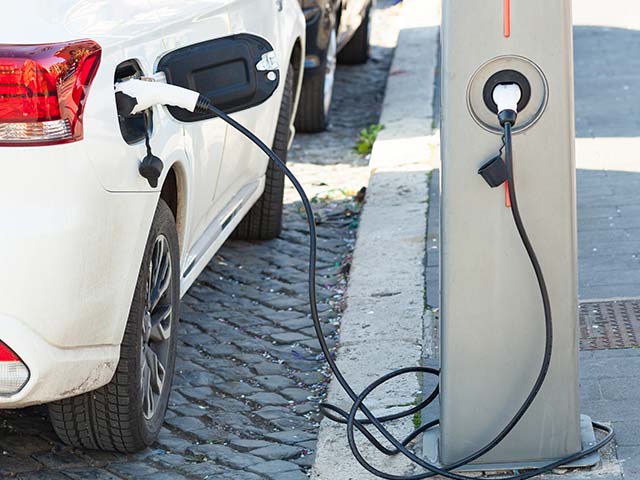
Electric vehicles (EVs) are gaining greater and greater prominence. This spring at the Work Truck Show, electrification was a key topic, and electric vehicle registrations more than doubled in 2018 to a record high of 208,000 registrations. While consumers in some areas of the country are readily adopting this technology, fleets are just beginning to make the change. While a fully electric fleet may be a stretch in some industries, for others it may become reality in as little as the next five years.
The Early Adopters
Medium and heavy- duty truck manufacturers like Freightliner, Peterbilt, and others are involved in rolling out trucks and chassis that fit into the urban delivery market, where there is a likelihood that big cities will introduce regulations aimed at controlling emissions and climate change. For example, large cities one day may regulate that fleet vehicles over a certain gross vehicle weight will be required to be alternative fuel vehicles in order to operate within city limits. As we’re seeing, it’s not required that a whole state or country adopt these types of policies. Cities may be able to move on these issues on their own.
Fleets of commercial vans and trucks that are concentrated in and around major cities with full-time EV power sources will see some of the earliest applications and adoption of electric models. In these urban spaces and for last-mile delivery type vehicles, there is likely to be some adoption in the next 2-3 years, with significant adoption in the next 5-10 years. For fleets with passenger vehicles, most likely it will be government agencies and consumer-oriented business fleets that will be the most common adopters of EVs for reasons of public safety and image.

The Hold Outs
For more traditional fleets, there is currently little economic incentive to change to EVs. Given the current price of fuel, it’s unlikely that for the near-future EV sedans or SUVs will be widely adopted for many traditional fleets, and electric models will be a vehicle of choice and not a necessity. Fuel will probably have to go up significantly for a sustained period or there would need to be significant regulatory action for many traditional fleets to consider incorporating EV vehicles into their operations. Especially if the environmental impacts or image are not a concern of their customers, traditional fleets (outside of government fleets and consumer brands) could be some of the last to adopt. However, some fleets may buy a few EVs to have them available for marketing and special purpose campaigns.
The Benefits of Going Electric Early
Likely there are reasons beyond pure economics why companies may want to adopt EVs. Image is a big payoff, and if a company’s clients and employees are concerned more than the average person about climate change and fuel emissions, then it’s an important consideration. It’s a cultural decision, and it’s one that organizations can wear as a badge of honor if they adopt before economics said they had to or before regulations made it a requirement. They can show that they did it to be good corporate citizens. If customers buy more because of an environmentally-conscious image, then it is a competitive advantage.
An All-Electric Future?
With EVs, like many other emerging technologies, nobody really knows for sure what the future will look like. The fleet and automotive industries are doing their best to predict what they believe are the most likely outcomes. Almost every OEM has an EV model, and it’s very possible that OEMs will one day begin to reduce production of hybrids in favor of EVs. While the day may come when all vehicles are electric and self-driving, and we’ll have special roads where we can drive “vintage” gas engine vehicles as a hobby because human control of a gas-powered motor vehicle is illegal on highways – that day is a long way off. But we are starting to see moves toward electrification of fleets now, and there are fleets today that can gain an edge by embracing EV technology.

